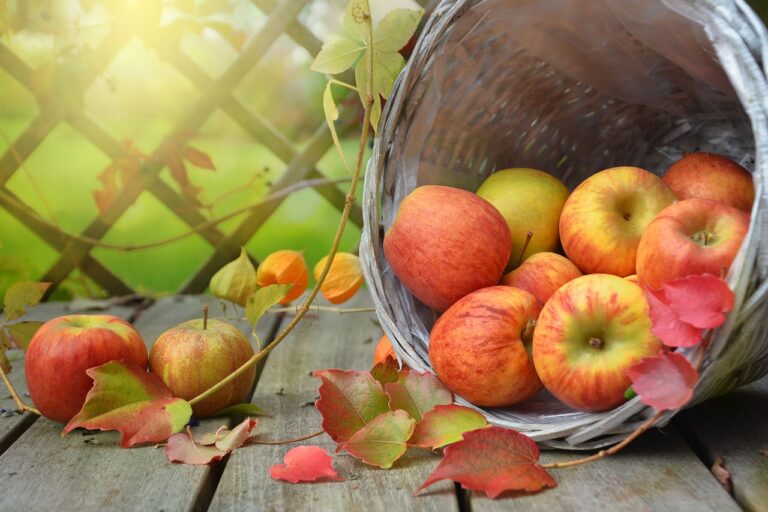The Future of Digital Agriculture
laser book login, silverexchange.com login, 11xplay online:The future of digital agriculture is an exciting and rapidly evolving field that promises to revolutionize the way we grow food, manage livestock, and safeguard our environment. With the rise of innovative technologies such as artificial intelligence, drones, and precision farming equipment, farmers are now able to make data-driven decisions in real-time, leading to increased efficiency, productivity, and sustainability.
As we look ahead to the future of digital agriculture, it’s clear that the possibilities are endless. From automated tractors and robotic harvesting machines to sensor-equipped drones and smart irrigation systems, the agricultural industry is poised for a major transformation. By harnessing the power of big data, analytics, and machine learning, farmers can optimize their operations, minimize waste, and maximize yields like never before.
One of the key benefits of digital agriculture is its potential to improve resource management and promote environmental sustainability. Precision farming techniques allow farmers to monitor soil health, water usage, and crop growth in real-time, enabling them to make targeted interventions and reduce the need for chemical inputs. By using data to optimize planting, fertilization, and pest control practices, farmers can minimize their environmental impact while still producing high-quality food for a growing population.
Moreover, digital agriculture holds the promise of increasing profitability and resilience for farmers. By adopting cutting-edge technologies, farmers can reduce labor costs, improve crop yields, and mitigate risks associated with weather variability and market fluctuations. With the help of predictive modeling and advanced analytics, farmers can make informed decisions that drive profitability and long-term sustainability.
In addition to these benefits, digital agriculture also has the potential to empower smallholder farmers and enhance food security in developing countries. By providing access to affordable technologies and training programs, smallholder farmers can improve their productivity, market access, and resilience to climate change. Digital tools such as mobile apps, weather forecasting systems, and online marketplaces can help farmers overcome barriers to growth and connect with buyers in new and innovative ways.
As we embrace the future of digital agriculture, it’s important to keep in mind the challenges and opportunities that lie ahead. In order to fully realize the potential of these technologies, we must address issues related to data privacy, cybersecurity, and digital literacy. Farmers need access to reliable internet connectivity, technical support, and training programs to fully leverage the benefits of digital agriculture and ensure they are not left behind in the digital revolution.
In conclusion, the future of digital agriculture is bright, promising, and full of potential. By harnessing the power of data, technology, and innovation, farmers can improve their productivity, profitability, and sustainability in ways that were previously unimaginable. As we move forward, it’s crucial that stakeholders across the agricultural value chain work together to ensure that digital agriculture benefits all farmers, consumers, and the planet as a whole.
FAQs:
1. What are some examples of digital agriculture technologies?
Some examples of digital agriculture technologies include drones, satellite imaging, GPS-guided tractors, soil sensors, weather forecasting systems, and mobile apps for farm management.
2. How can digital agriculture benefit smallholder farmers?
Digital agriculture can benefit smallholder farmers by providing access to affordable technologies, training programs, and market information that can improve their productivity, market access, and resilience to climate change.
3. What are the challenges of adopting digital agriculture?
Some challenges of adopting digital agriculture include data privacy concerns, cybersecurity risks, lack of reliable internet connectivity, and limited technical support for farmers.
4. How can digital agriculture help promote environmental sustainability?
Digital agriculture can help promote environmental sustainability by enabling farmers to monitor soil health, water usage, and crop growth in real-time, leading to targeted interventions, reduced chemical inputs, and minimized environmental impact.







